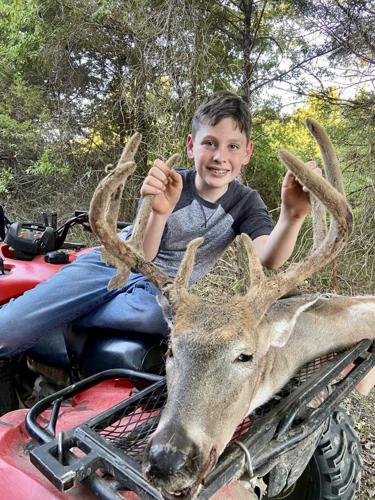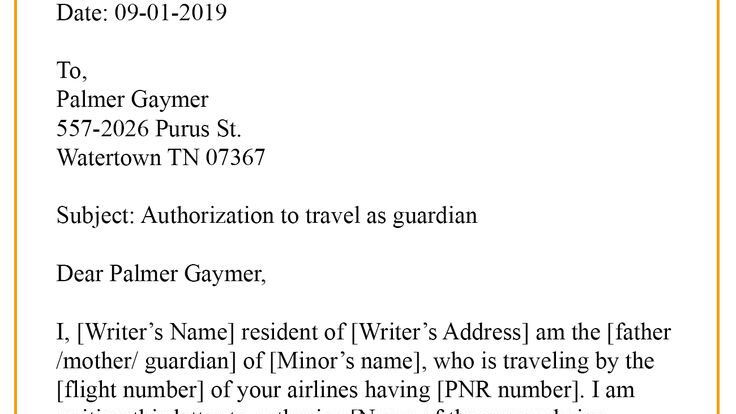
Do Deer Feel Pain When Hit By a Car?
Collisions between vehicles and wildlife can have devastating consequences for both parties involved. One common concern that arises from such accidents is whether the deer, in this case, feel pain when hit by a car. In this article, we will explore this topic in depth, examining the physiology of deer, their ability to experience pain, and the possible repercussions of these collisions. So, let’s dive in and shed some light on this frequently asked question.
Understanding Deer Physiology
Deer are majestic creatures, well-adapted to their natural habitats. Their physiology is intricate and specialized, allowing them to thrive in various environments. At the core of their physiological makeup is a nervous system, which is capable of sensing pain and sending signals to the brain for appropriate response. Similar to humans, deer possess nociceptors, specialized sensory neurons that detect harmful stimuli and transmit pain signals to the central nervous system.
Additionally, deer have a dense network of sensory receptors distributed throughout their bodies, particularly in areas vulnerable to injury. These receptors enable them to detect changes in temperature, pressure, and pain. Consequently, when a deer is hit by a car, these receptors are likely to be activated, triggering pain signals to its brain.
Analogous Pain Experience
While it is challenging to measure pain in animals directly, researchers often rely on indirect methods to gain insights into their pain experiences. Studies examining the responses of deer to painful stimuli have provided suggestive evidence that they do feel pain. Observations of deer exhibiting behaviors consistent with pain, such as vocalizations, limping, and increased heart rate, offer clues to their pain experience.
Furthermore, physiological changes, including the release of stress hormones, can be measured in deer post-accident. These findings align with the notion that deer experience pain when struck by a car and suggest similarities in pain perception between humans and these animals.
The Immediate and Long-Term Impact
Being hit by a car can have immediate and long-lasting effects on deer. Initially, they may experience severe pain upon impact, which can lead to shock and disorientation. Injuries sustained can range from minor bruising to broken bones, internal bleeding, and damage to vital organs. In some cases, these injuries can prove fatal for the deer.
Moreover, the psychological trauma of the accident can have long-term consequences. Deer that survive collisions may suffer from chronic pain, impacting their ability to forage, flee from predators, or reproduce effectively. Their altered mobility and overall compromised health can also make them more vulnerable to predation.
Reducing Collisions and Minimizing Suffering
Preventing deer-vehicle collisions is crucial not only for the safety of motorists but also for the well-being of these animals. Here are some measures that can be implemented to minimize the frequency of such accidents:
- Implement warning signs: Placing visible signs in deer-populated areas can alert drivers to the potential presence of deer on the road, enabling them to slow down and proceed cautiously.
- Construct wildlife overpasses: Building bridges or tunnels exclusively for wildlife can help reduce the number of encounters between deer and vehicles.
- Appropriate speed limits: Reducing speed limits in areas known for high deer activity can give drivers more time to react and avoid collisions.
- Relocation and population control: In areas with a high deer population, implementing relocation programs or controlled hunting can help manage the population and reduce the risk of accidents.
FAQs About Deer Collisions
1. Are there places where deer-vehicle accidents are more likely to occur?
Yes, deer-vehicle accidents are more common in areas where deer populations are dense and their habitats overlap with roadways. Understanding the migration and breeding patterns of deer can help identify these high-risk areas.
2. What should I do if I hit a deer with my car?
If you hit a deer, the first priority is to ensure your own safety. Pull over to the side of the road, turn on your hazard lights, and contact the appropriate authorities to report the incident. Avoid approaching the injured deer, as it may behave unpredictably.
3. Can hitting a deer cause damage to my vehicle?
Yes, collisions with deer can cause significant damage to vehicles. The impact can result in dented bumpers, broken headlights, shattered windshields, and even structural damage. It is important to promptly assess the condition of your vehicle and seek necessary repairs.
Conclusion
When a deer is hit by a car, it is highly likely that the animal feels pain. Their nervous system, sensory receptors, and behavioral responses all suggest a capacity for experiencing pain. Collisions with vehicles can leave lasting physical and psychological effects on deer, emphasizing the importance of taking measures to prevent such accidents. By implementing cautionary measures and responsibly managing deer populations, we can minimize collisions and reduce the suffering of these graceful creatures.

Source Image: herviewfromhome.com

Source Image: shutterstock.com
510+ Deer Accident Stock Photos, Pictures & Royalty-Free Images – iStock | Car deer accident If you hit a deer, here are the basic steps you need to take: Safety and Reporting: Following a collision with a deer, make sure that you and your fellow passengers are safe. Do not approach the deer. Report the incident to local law enforcement, wildlife authorities, and your insurance company. If your vehicle damage is extensive, call AAA to







